If we don't end war, war will end us
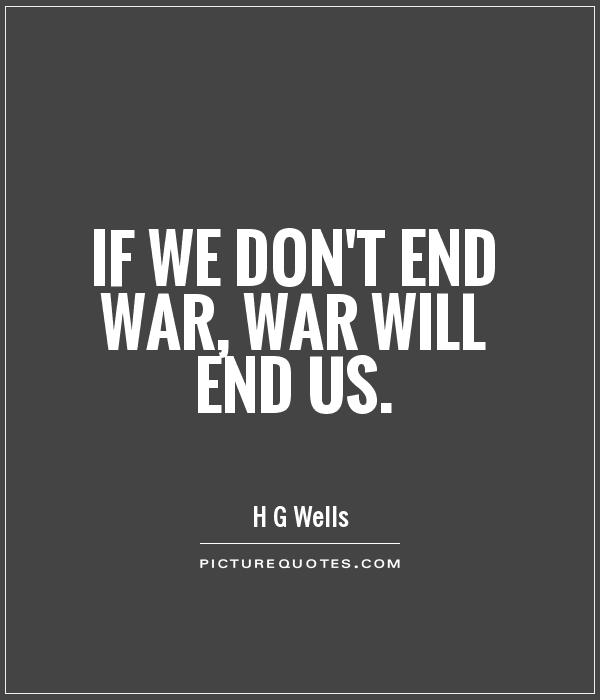
If we don't end war, war will end us
H.G. Wells, a renowned writer and visionary, once said, "If we don't end war, war will end us." These words hold a profound truth that resonates with the current state of the world. In today's society, the threat of war looms large, with conflicts raging in various parts of the globe. The consequences of war are devastating, leading to loss of life, destruction of property, and the displacement of millions of people. If we do not take decisive action to end war, we risk facing the dire consequences that it brings.War has been a constant feature of human history, with nations and individuals resorting to violence to settle disputes and assert their dominance. However, the cost of war is high, both in terms of human lives and resources. The devastation caused by war can have long-lasting effects on societies, leading to deep-seated animosities and divisions that can take generations to heal. In the words of H.G. Wells, if we do not put an end to war, we risk being consumed by its destructive power.
The world today is more interconnected than ever before, with advances in technology and communication bringing people from different cultures and backgrounds closer together. Despite this interconnectedness, conflicts continue to arise, fueled by political, economic, and social factors. In order to prevent war from consuming us, we must work towards building a more peaceful and just world.
One way to end war is through diplomacy and dialogue, finding peaceful solutions to conflicts and addressing the root causes of violence. By promoting understanding and cooperation between nations, we can prevent conflicts from escalating into full-blown wars. Additionally, investing in education, economic development, and social justice can help address the underlying grievances that often lead to violence.

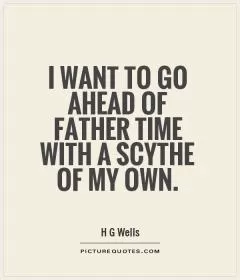
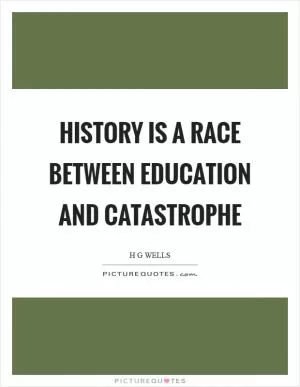
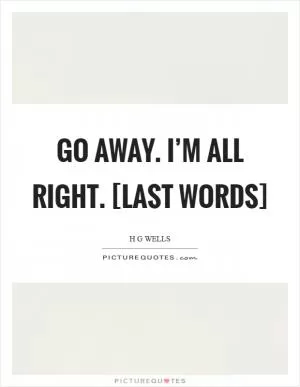
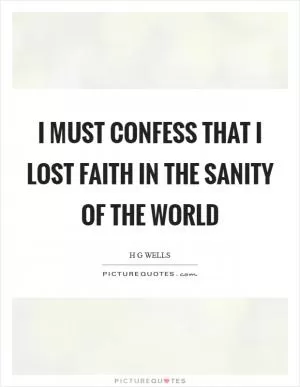
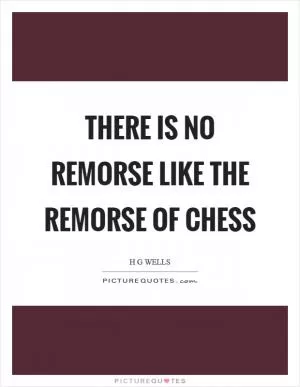
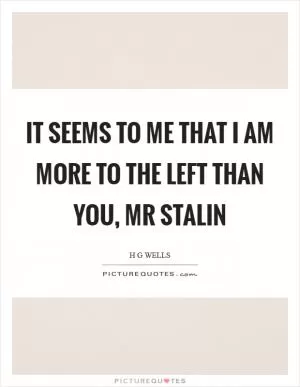
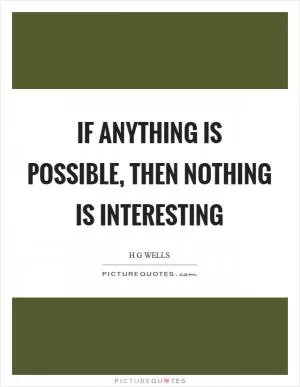
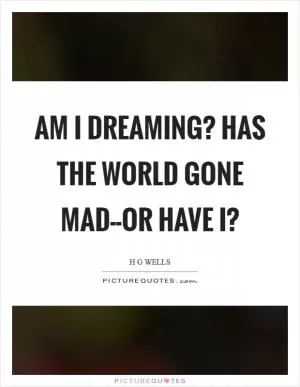

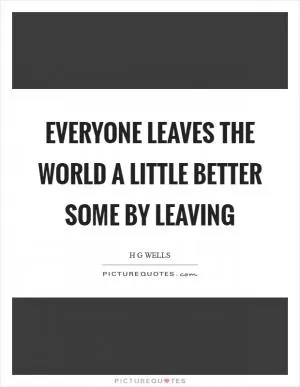
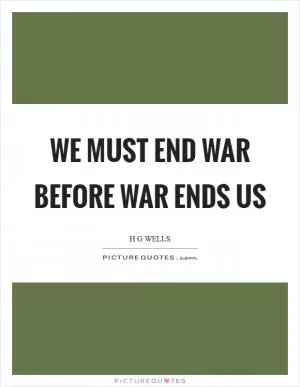
 Friendship Quotes
Friendship Quotes Love Quotes
Love Quotes Life Quotes
Life Quotes Funny Quotes
Funny Quotes Motivational Quotes
Motivational Quotes Inspirational Quotes
Inspirational Quotes